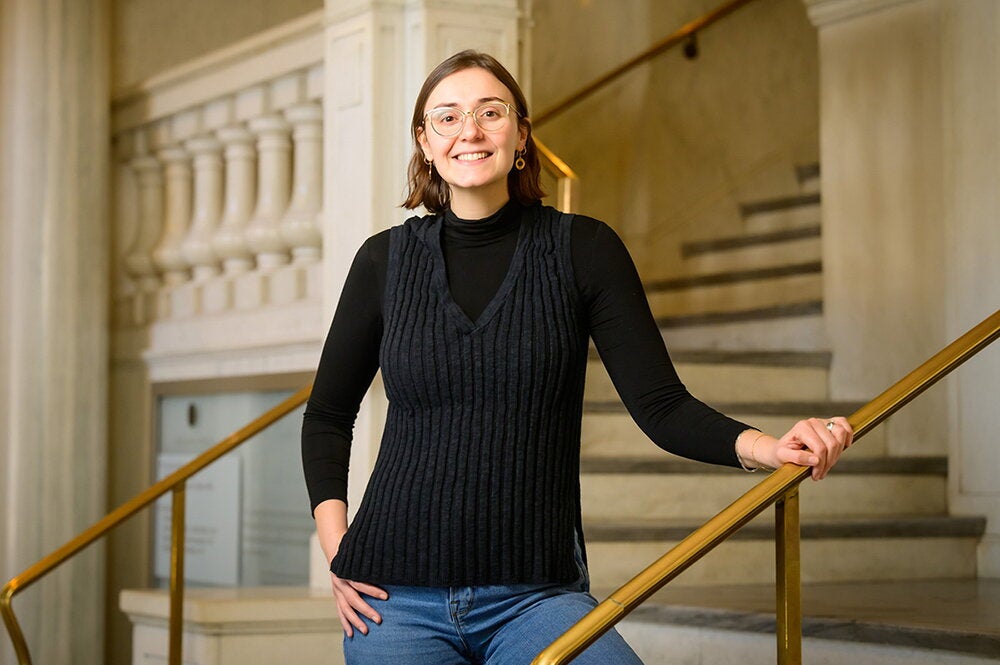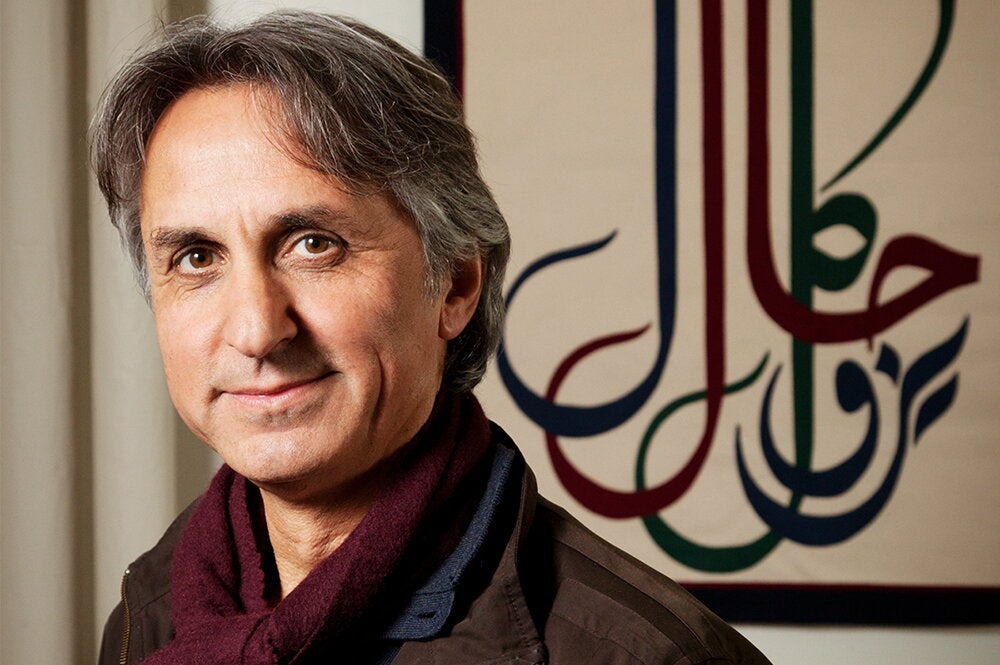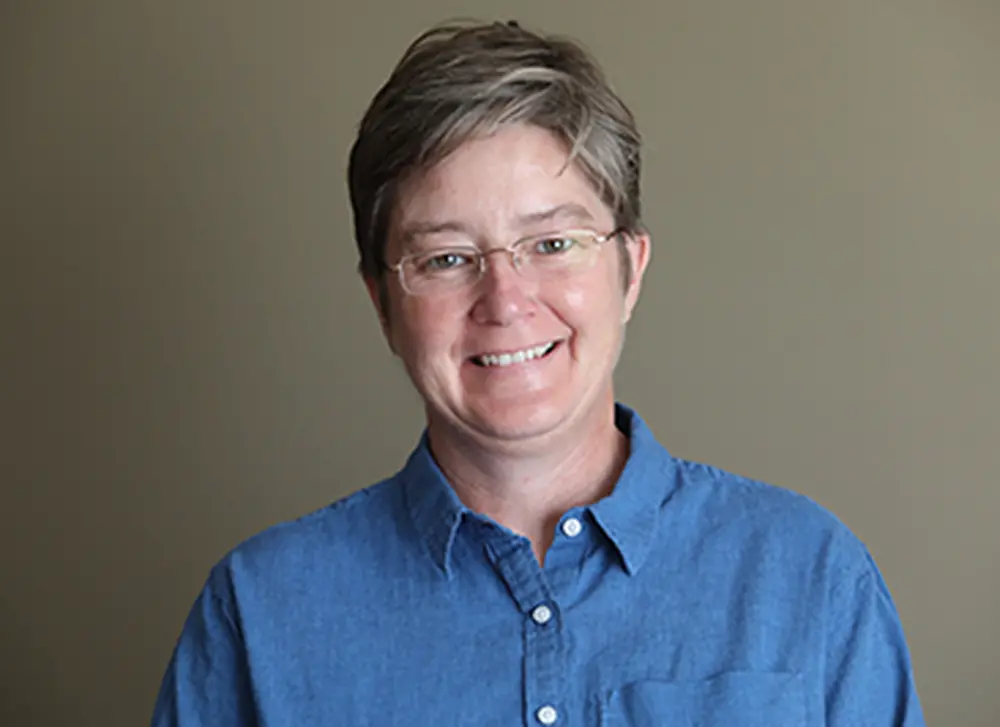
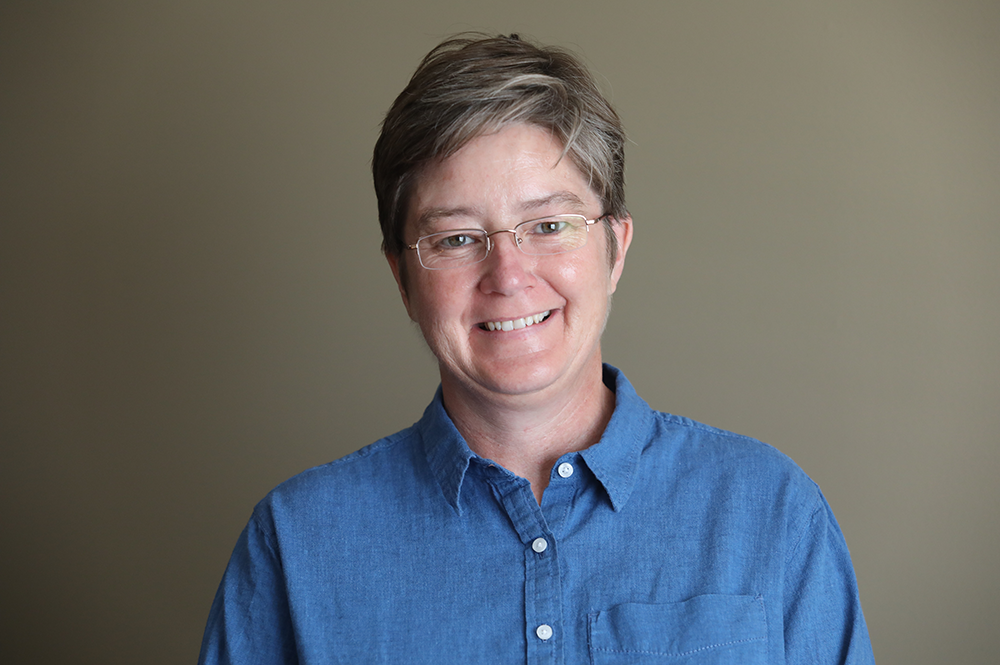
Rebecca Sandefur, a professor of sociology and of law at the University of Illinois, has been awarded a 2018 MacArthur Fellowship, commonly known as a “genius grant,” from the John D. and Catherine T. MacArthur Foundation.
The fellowship carries an unrestricted $625,000 stipend to be used as the fellow sees best. Sandefur said her plan is to use the award “to help bring new attention and new energy to solving what has been so far an intractable problem, the critical issue of access to civil justice.”
Sandefur’s research has focused on how legal services are delivered and consumed, especially in low-income communities, and has sought to promote a new, evidence-based approach to increasing access to civil justice for those communities.
According to the MacArthur Foundation’s description of the program, fellows are chosen according to three criteria: “Exceptional creativity, promise for important future advances based on a track record of significant accomplishments, and potential for the fellowship to facilitate subsequent creative work.”
Sandefur is the eighth U of I faculty member to receive the fellowship since 1981 and the first since 2014. She is the fifth LAS faculty member to receive the fellowship, and the first since 2005. Since 1988, four LAS alumni have also been named MacArthur Fellows.
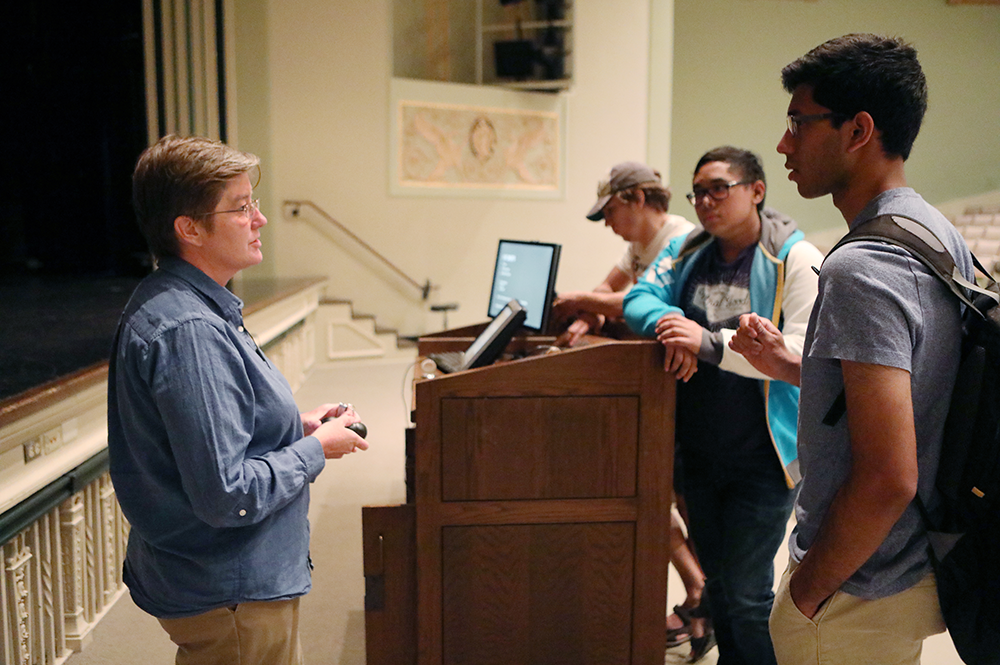
In announcing the fellowship, the MacArthur Foundation noted that “although the outcomes of civil cases are potentially life-changing – including eviction, loss of custody of a child, wage garnishment or loss of government or insurance benefits – one or more parties lack legal representation in more than three-quarters of cases filed in state civil courts today. Sandefur’s investigations of the civil justice needs of low-income populations are shedding light on the availability of civil legal aid services, the help-seeking behavior of individuals facing civil legal issues, and the impact of lawyers in civil cases.”
The foundation cited several key Sandefur studies in its announcement: the first systematic national mapping of civil legal-aid providers, revealing significant disparities between states; a study showing that cost is just one of many factors that inhibit the use of lawyers by low-income individuals; an analysis of pro bono services revealing that the quantity and quality are highly dependent on market forces, and become less available when most needed; and a meta-analysis of research showing that, in most cases, the advantage of a lawyer relative to a lay person resides mostly in the ability to navigate procedures and rules rather than in deep knowledge of the law.
In current work, Sandefur is advising and evaluating pilot projects in New York, Washington, and Montana that use nonlawyer alternatives.
She also is a Faculty Fellow of the American Bar Foundation and a central contributor to the Organization for Economic Co-Operation and Development’s new global program on access to justice.
